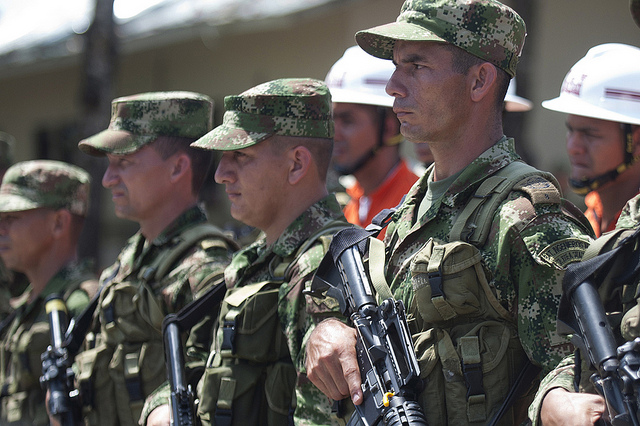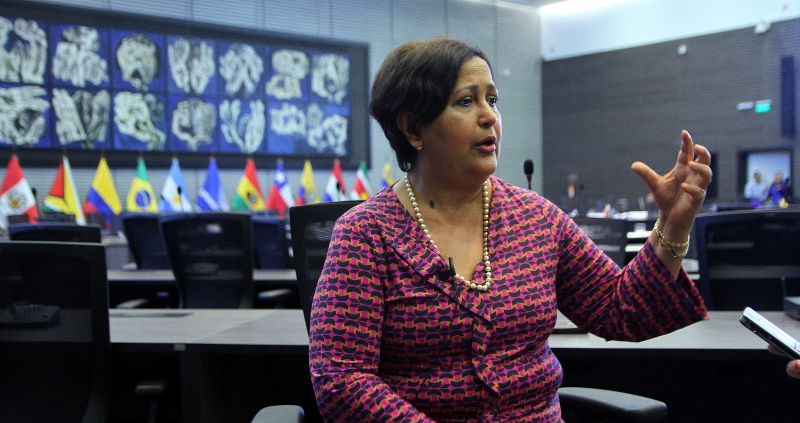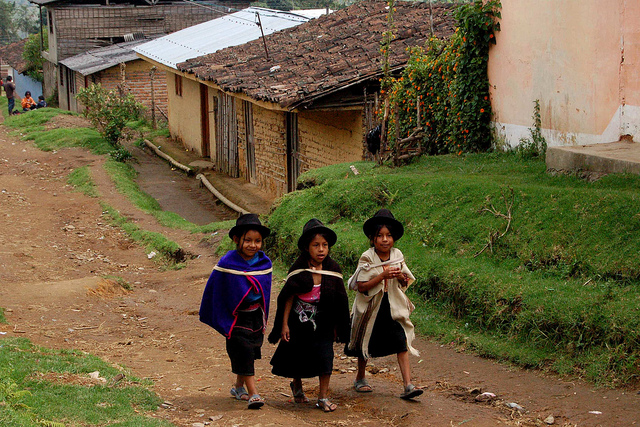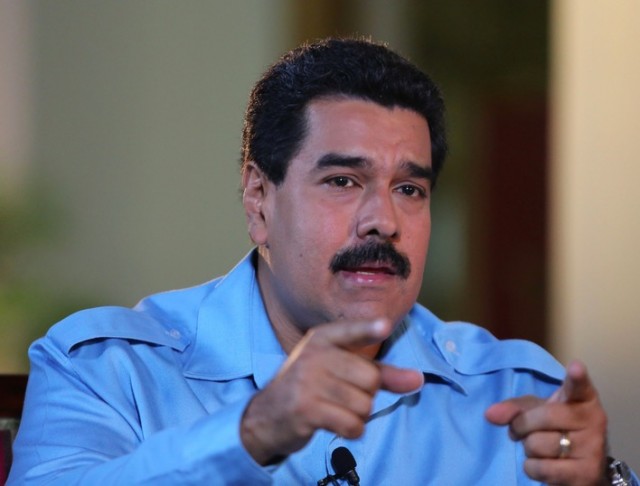
Andes, Colombia, Latin America: Week in Review
Colombia Military, FARC to Clear Landmines Together
March 9, 2015 By Staff
Top Story — Colombia’s military and the FARC will work together to clear landmines planted since the latter launched a guerrilla war in 1964, several media outlets reported, the latest agreement reached in the ongoing peace talks in Havana, Cuba.
Under the agreement announced Saturday, a group from Norway, whose government has facilitated the peace process alongside Cuba, will supervise demining operations by military troops in concert with FARC members. The latter will not carry weapons or wear uniforms. A government spokesman called the agreement “a giant step toward making peace.”
Military officers flew to Havana on Thursday to negotiate for the first time with the FARC, their longtime opponents. That development was lauded as a significant step in the talks, given that elements in the military have been accused of failing to fully commit to the peace process, which has been a top objective of President Juan Manuel Santos since its announcement in 2012.
The FARC declared an indefinite, unilateral ceasefire on Dec. 20, but Santos ordered the military to continue its offensive against the leftist guerrillas.
Some 220,000 have been killed in Colombia’s 50-year internal conflict, and the country remains one of the most heavily mined in the world. According to the HALO Trust, a de-mining group, nearly 11,000 people have been killed or injured by landmines in Colombia since 1990.
Headlines from the Western Hemisphere
North America
- Mexican troops arrested 15 federal police officers for kidnapping the owner of a construction company in Matamoros and demanding a $2 million ransom, according to an announcement made by a government official Saturday.
- Relatives of Antonio Zambrano Montes, a Mexican immigrant killed by police in Washington state last month, gathered Friday afternoon in western Mexico to protest and mourn his death — one of the three police killings of unarmed Mexican nationals in the last month.
- Two well-preserved bodies found atop Pico de Orizaba, Mexico’s highest peak, may be the remains of two of the seven climbers killed in an avalanche 55 years ago.
Caribbean
- A group of Jamaican investigators released a report this weekend accusing police on the island nation of St. Lucia of staging the murders of 12 people fatally shot by police forces between 2010 and 2011.
- Puerto Rico has announced a new plan to collect taxes in an effort to crack down on tax evaders amid a deep recession.
Central America
- Honduras continues to be one of the most dangerous countries in the Western Hemisphere for journalists, according to a press release from Reporters Without Borders, where media personnel are frequently the targets of threats and violence while the government downplays the risks journalists face.
- Costa Rican authorities announced the plan to build a new four lane bridge to connect the Costa Rica-Panama border in a $15 million project to be funded largely by a donation from an aid agency of the Mexican government.
Andes
- Peru has recalled its ambassador to Chile after the Peruvian government said it found evidence that members of Peru’s navy were paid by Chile for sharing valuable information, though Chile denies the espionage charges.
- Thousands of Colombians marched on Sunday to express their support of ongoing peace negotiations between the Colombian government and the FARC rebel group.
- Venezuela announced plans to install 20,000 fingerprint scanners at supermarkets nationwide in order to ration food supplies and curb “food hoarding and panic buying,” which Venezuelan President Nicolás Maduro blames for the country’s shortages.
- The twelve South American countries that comprise the regional bloc UNASUR, meanwhile, have promised to provide Venezuela assistance with the nation’s continuing shortages, pledging to give food, medicine and other products.
Southern Cone
- Two police officers were killed and five wounded over the weekend in Rio de Janeiro, Brazil, as the city continues to cut down on high rates of violence in preparation for hosting the 2016 Olympics.
- Uruguayan Foreign Minister Luis Almagro is likely to become the new head of the Organization of American States, according to Andres Oppenheimer in the Miami Herald, who is doubtful that Almargo will be able to restore the organization to its former prominence.
- A Paraguayan journalist working for a local radio station was killed Friday near the Brazilian border city of Pedro Juan Caballero — a place known for drugs and arms trafficking, and where the victim’s brother and fellow journalist said “it’s normal to silence journalists with gunshots.”
Image: Chairman of the Joint Chiefs of Staff, CC BY 2.0
Subscribe to Today in Latin America by Email





